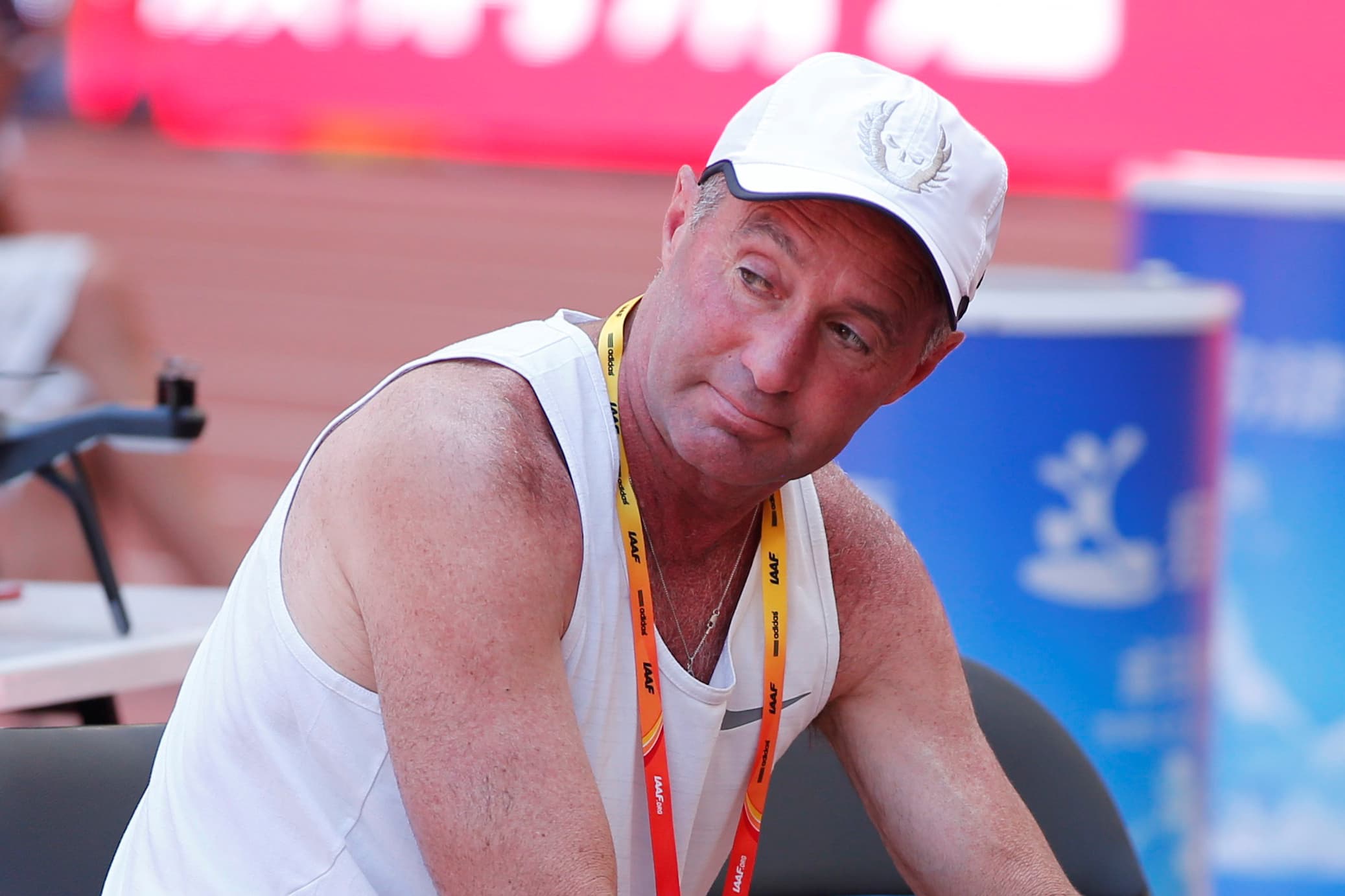Products You May Like
Alberto Salazar
Phil Noble | REUTERS
Nike says it’s taking allegations about the body-shaming that went on at the Oregon Project “seriously,” and that it will launch an “immediate” investigation to hear from runners on the now-shuttered team.
“These allegations are completely inconsistent with our values,” a spokesperson told CNBC in an emailed statement.
On Thursday, an op-ed published in The New York Times told the story of Mary Cain, once a star female athlete on Nike’s Oregon Project, a group created to promote long-distance running. Cain said she was “emotionally and physically abused by a system designed by Alberto [Salazar] and endorsed by Nike.” She said she was met with an all-male staff when she arrived at Nike to train, who told her that in order “to get better” she had to be “thinner and thinner and thinner.”
“These are deeply troubling allegations which have not been raised by Mary or her parents before,” a Nike spokesperson said. “Mary was seeking to rejoin the Oregon Project and Alberto’s team as recently as April of this year and had not raised these concerns as part of that process.”
Earlier this year, the U.S. Anti-Doping Agency banned top running coach Alberto Salazar for four years, on counts of three doping code violations, though the coach has denied any wrongdoing.
It was also reported by The New York times in early October that Nike CEO Mark Parker had been briefed, multiple times, by Salazar on his experiments with performance-enhancing drugs. Parker responded to those allegations by calling the accounts “highly misleading.” He said Nike “looked into these allegations [about Salazar] and did not find that he violated any rules.”
Nike announced later last month it was shutting down the Oregon Project entirely. And Parker is set to step down as CEO in 2020.
After Cain’s Thursday op-ed, more athletes and coaches have taken to social media to share stories about their interactions with Salazar and time on Nike’s team.
Olympian Amy Yoder Begley said that, after taking sixth place in an event, she was “kicked out” of the Oregon Project and was told she “had the biggest butt on the starting line.”
Former Oregon Project coach Steve Magness said on Twitter that he once sat in a boardroom with Salazar, who said about a female athlete on the team, “Her butt is so big, she can barely lift her knees.”
Magness also said Salazar would “‘joke’ about using liposuction or removing your appendix for weight loss. He’d try to get athletes to take shady diet supplements.”
Salazar, in an email to the Times, denied many of Cain’s claims, adding he had supported her health and welfare.
Cain said on Twitter Friday morning that she had, as recently as this summer, thought about going back to the Oregon Project.
“I still thought: ‘maybe if I rejoin the team, it’ll go back to how it was.’ But we all come to face our demons in some way. For me, that was seeing my old team this last spring. … I wanted closure, wanted an apology for never helping me when I was cutting, and in my own, sad, never-fully healed heart, wanted Alberto to still take me back,” she said.
